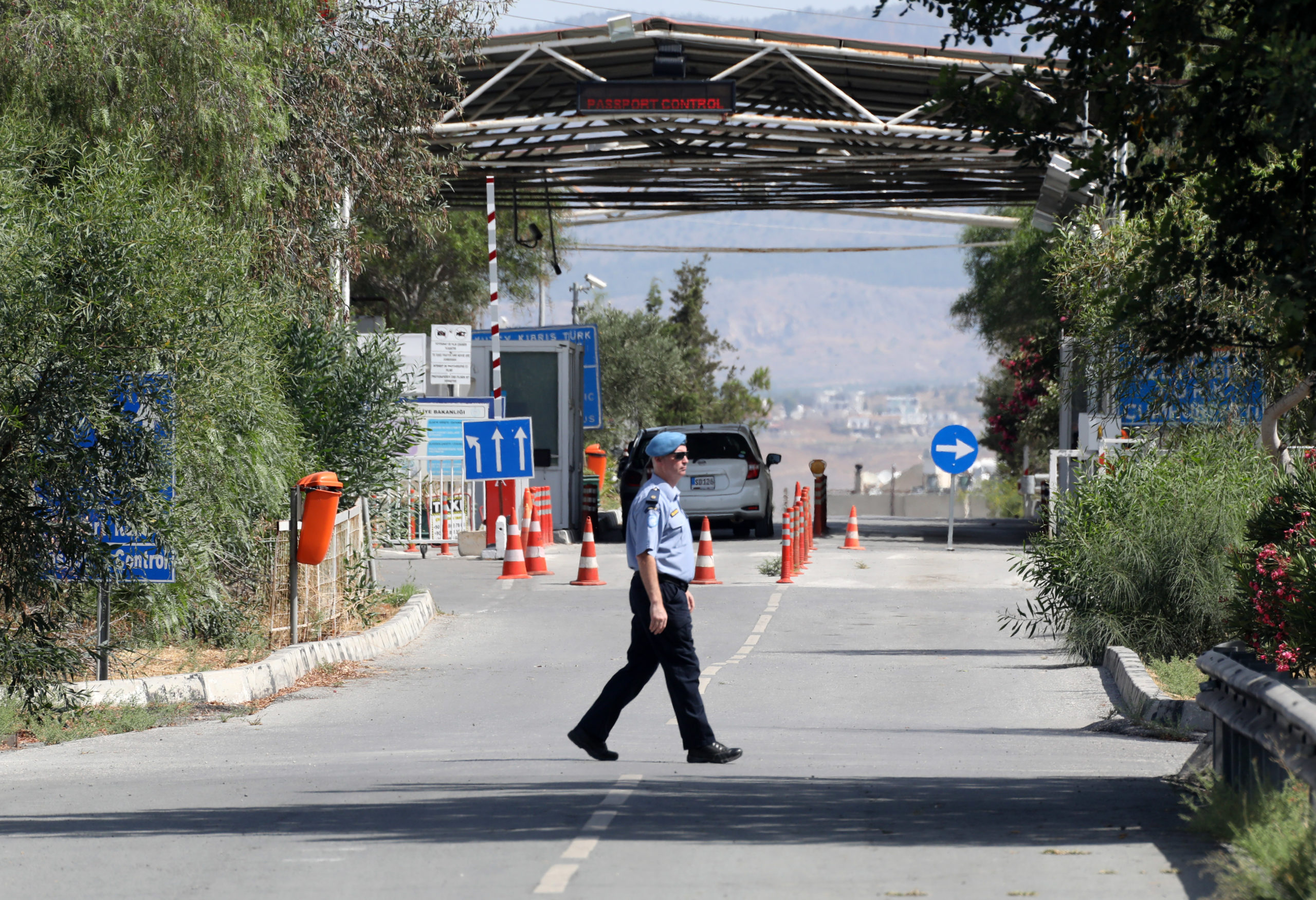Authorities in the Turkish occupied north of Cyprus have reported three more COVID-19 cases taking the total number of infections on both sides of the divide to 1,551.
Cases reported in the north now stand at 212 and four deaths since the outbreak in March.
Cyprus Republic health authorities on Sunday confirmed another seven new COVID-19 cases bringing the total number of infections to 1,339 and 20 deaths.
Divided Cyprus has reported a combined 1,551 coronavirus cases and 24 deaths.
The three coronavirus cases were confirmed on Sunday night by Alli Pilli, head of the Turkish Cypriot health authorities.
Pilli said that all three new cases – following 13 on Saturday – involved people arriving by air in the north, without however giving details on their nationality.
They were identified after 1,414 tests were carried out on Sunday, with the majority of samples taken from people arriving on ferries and aeroplanes.
Alli Pilli said the cases have been taken to a hospital in north Nicosia to be treated in isolation.
The Turkish Cypriot authorities have now reported 107 coronavirus cases since 1 July when the north opened up its ports of entry to travellers, arriving mainly from coronavirus-struck Turkey.
Passengers from Turkey are of particular concern as the country has reported a total of 249,309 cases and some 5,974 deaths, while daily cases in the first half of August were around 1200, up from an average of 1,000 in July.
Before opening up ports of entry, the north had seen a 75-day lull reporting zero cases. The resurgence of the virus had begun on the first day the north opened its ports of entry and initially lifting an obligatory quarantine for arrivals from Turkey.
Before July, Turkish Cypriots had not seen a new COVID-19 case since 17 April.
Authorities are now testing all arrivals at the airport and other entry points, quarantining passengers until their PCR test results are known.
The Turkish Cypriot ruling coalition’s second in command Kudret Ozersay called for more random tests to be carried out both at the points of entry and in the community.










